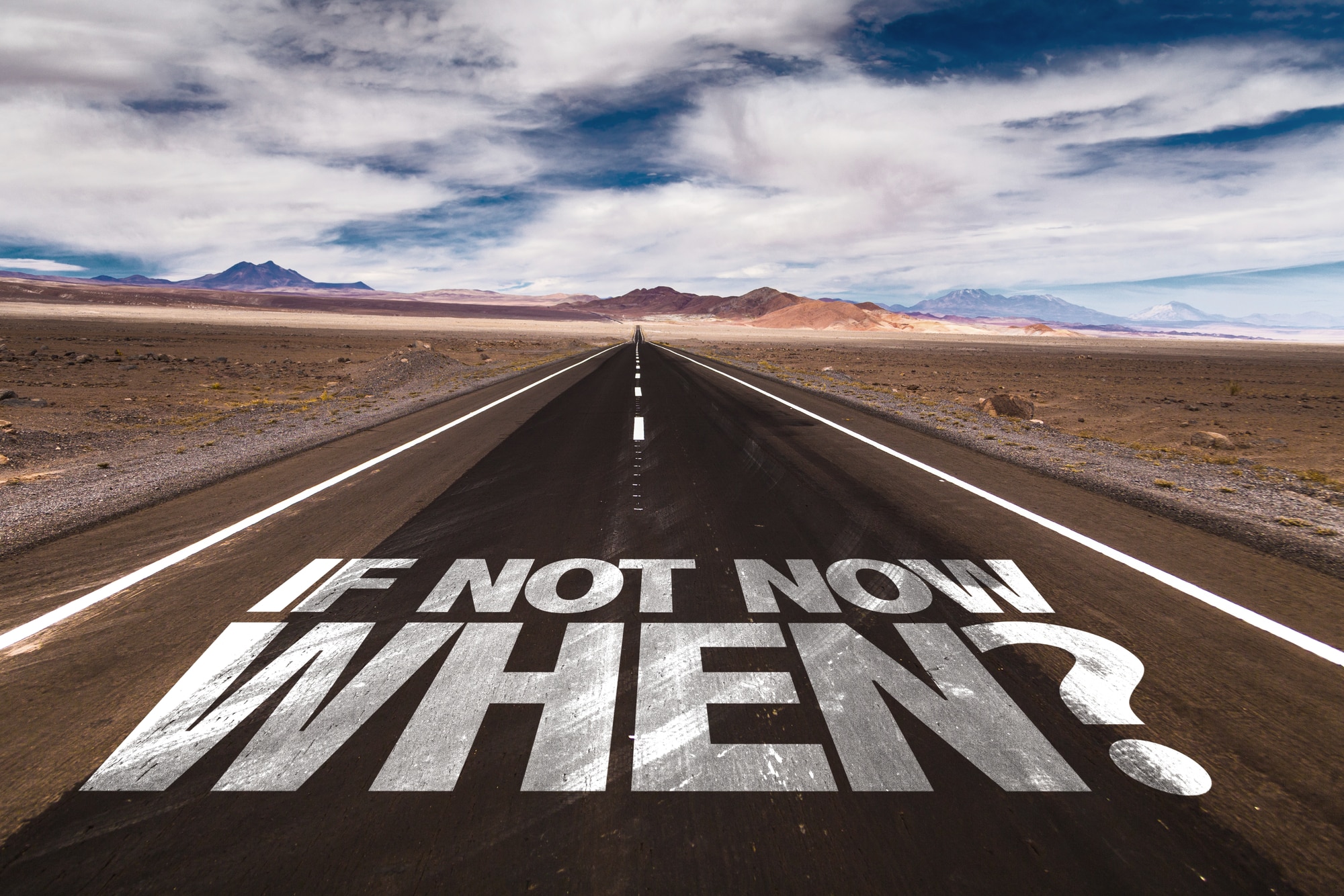“First they came for the Socialists, and I did not speak out— Because I was not a Socialist.
Then they came for the Trade Unionists, and I did not speak out— Because I was not a Trade Unionist.
Then they came for the Jews, and I did not speak out— Because I was not a Jew.
Then they came for me—and there was no one left to speak for me.”
– Martin Niemöller
“First They Came” was written after the Holocaust, warning against the dangers of non-action, and emphasizing the moral connectedness of all people. It quickly became popular as an argument for civil rights, collective action, and empathy.
These words resonate just as much today.
They are a recognition of normality (and morality) creep, responsibility shirking, and a clear reminder of the slippery slope through which the privileged can suddenly become the oppressed. This is a cosmic form of karma, triggered when the privileged don’t use their privilege to protect the most vulnerable.
While equal rights advocates have made a lot of progress, we still have a long way to go before rights are equal across the board. When human rights for one group is harmed, it harms us all.
Black rights are human rights.
Asian rights are human rights.
Hispanic rights are human rights.
Women’s rights are human rights.
LGBTQIA+ rights are human rights.
When rights are suppressed for one group it demands action from all of us.
Not acting does not remove personal accountability.
Not acting is a choice.
We are each responsible to use our voice to support the evolution of our world, as well as the creation of justice and fairness within our systems.
We use our voice through the stories we tell.
We use our voice with the choice of language we use.
We use our voice in the ballot box.
We also use our voice through the decisions we make in our places of work.
You can hold your company accountable with your voice to:
→ address its lack of diversity, or ignore it.
→ ensure equal pay, or continue to propagate gender and racial pay gaps.
→ support equity through its processes, products, and services, or perpetuate inequity.
Companies—and the humans that work there—are faced with difficult decisions, and the business outcome of those decisions aren’t always immediately clear. But what is easier to identify, with just a little curiosity and compassion, is whether we’re treating everyone with dignity, respect, and fairness.
As you make decisions at work, on the voting ballot, or to determine what side of a debate you stand up for, always ask yourself, “who benefits from this decision, and who is harmed by this decision?”
Consider how both sides of the decision impact equity, human rights, and personal autonomy.
Let the answers to this simple question inform your actions, and ultimately inform the world you actively help to create.




